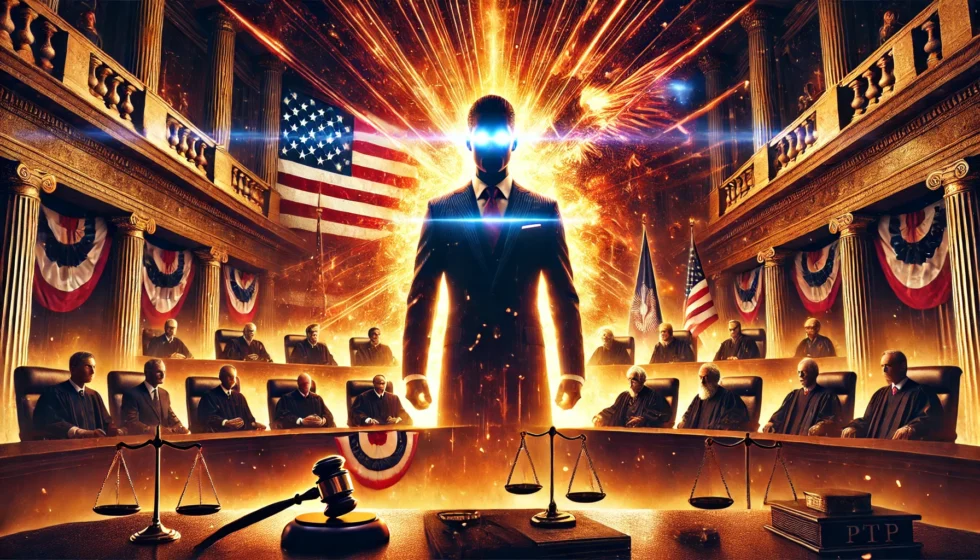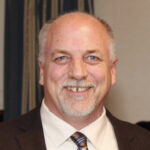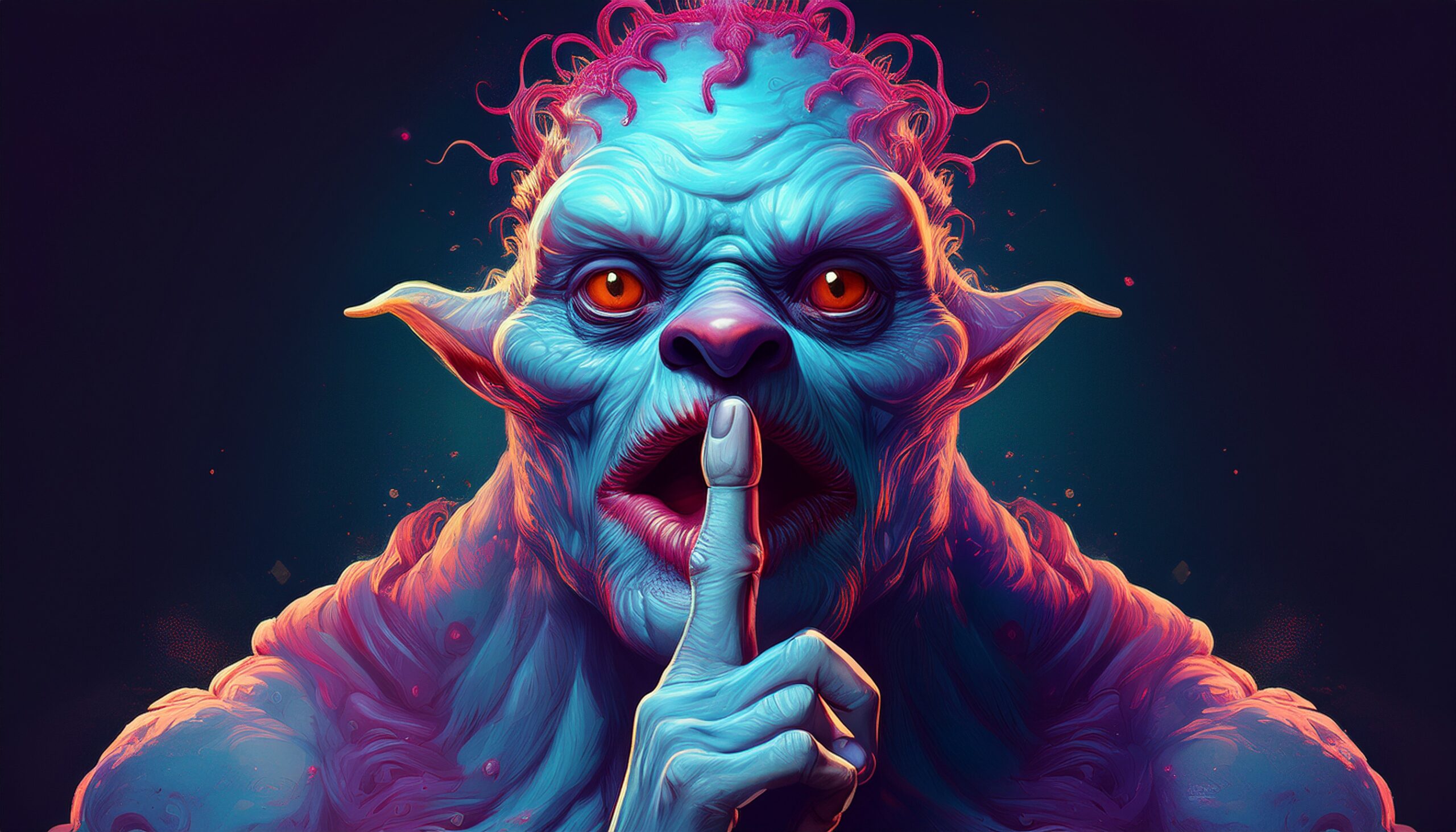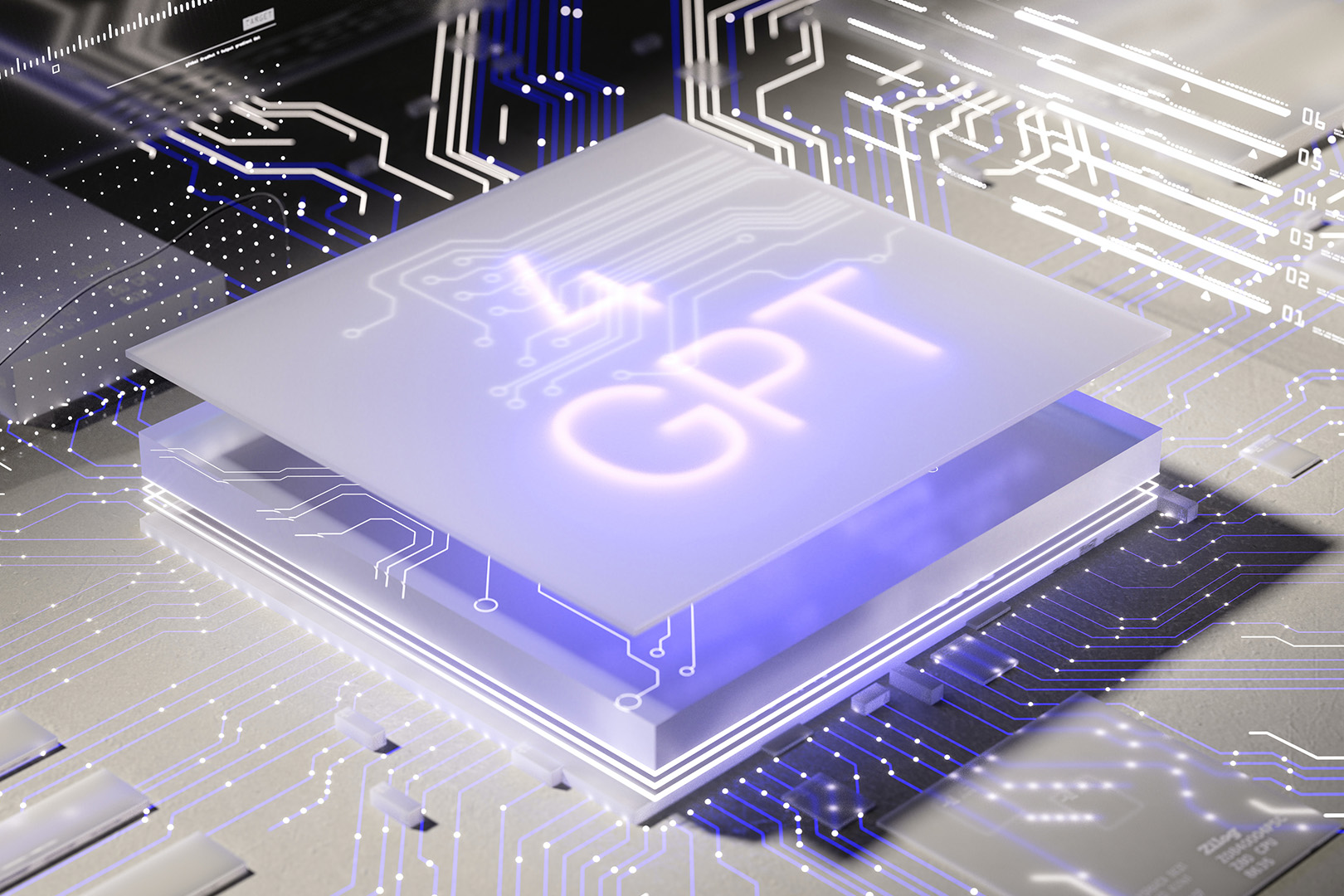
I first met Vishal Amin in October 2013. He was Representative Lamar Smith’s senior lawyer on the House Judiciary Committee driving the Innovation Act to passage.
My company had just lost its investors due to the Leahy-Smith America Invents Act’s (AIA) creation of the Patent Trial and Appeal Board (PTAB). Back then, the PTAB was invalidating over 95% of the patents it fully adjudicated. It has since settled into a kill rate of 84%.
The PTAB’s astronomical kill rate opened the floodgates to massive predatory infringement. My investors were savvy enough to know my patented critical emerging technologies were disruptive to huge markets controlled by Big Tech and Chinese Communist Party (CCP) multinationals. Because the PTAB meant that patents could no longer be defended, predatory infringers would surely steal my inventions and massively commercialize them, running my company out of business. Once out of business, the investors would take control of my patents to return their lost investment, but the patents would be invalidated at the PTAB, causing them to lose all they invested.
My investors made a rational decision to just walk away. The loss of their investment caused the catastrophic collapse of my company and me personally. My company was an early casualty of the PTAB, but there were thousands of others yet to fall or never to see their first investment.
The Innovation Act would have made things even worse. It pierced the corporate veil, holding a company’s investors personally liable for the legal costs of an accused infringer if a company sued for patent infringement and lost. This exposed investors to unlimited financial liabilities, potentially exceeding double-digit millions of dollars, if they invested even a small amount into a startup with patents. The legislation was so ill-conceived that the company without any patents at the time of the investment still exposed investors to risk because it could invent and patent something later. Effectively, the Innovation Act would have reduced (or eliminated) early-stage investment in virtually all critical emerging technology startups and more.
Despite multiple meeting requests, Vishal Amin refused to meet with me to discuss the legislation. So, I waited in front of his office a couple hours every day for over two weeks. When he finally showed up, instead of inviting me into his office to discuss the legislation, he stood grimacing in his office doorway, leaning against the left doorjamb, his head only inches from a caricature of a patent troll printed on a sheet of paper taped to the wall. On the other side of the door was a similar caricature with a superimposed yield sign.
Vishal Amin was sending me a clear message. He believed cartoon characters called patent trolls should drive U.S. lawmaking, and he had no appetite to listen to me or anyone else. Despite my warnings, Vishal Amin told me the Innovation Act was a done deal; he was going to get it passed in the House and moved to the Senate.
Vishal Amin, a Primary Architect of the PTAB
A few years later, when Vishal Amin was nominated in the first Trump administration for White House Intellectual Property Enforcement Coordinator, I started researching Vishal Amin’s history.
Vishal Amin was a primary architect and driving force behind the AIA, which created the PTAB. Representatives Lamar Smith, for whom the AIA was named, and Bob Goodlatte, Smith’s right-hand man at the time, both said they could not have passed the AIA without Vishal Amin.
The AIA’s creation of the PTAB changed the very nature of American private property rights. It converted patents, private property rights established in the Constitution, and black letter law into some sort of government franchise that can be taken away by an administrative tribunal. The PTAB is violent to the very foundations of American political philosophy; it eliminated the separation of powers, due process, trial by jury, and much more for one of America’s most important property rights.
Goodlatte took over as Chair of the House Judiciary Committee from Smith in 2014, retaining Vishal Amin to evangelize and drive the Innovation Act. Even though the Innovation Act went even further astray from America’s political and legal underpinnings than the AIA by piercing the corporate veil, Vishal Amin did as he said he would; he drove it to a 325 to 91 passage in the House of Representatives in 2013 and moved it to the Senate.
Vishal Amin was confirmed by the Senate as the White House Intellectual Property Enforcement Coordinator in 2017 to the applause of Goodlatte.
After Vishal Amin left the White House, he went to Intel as its Head of Intellectual Property Policy. Despite taking billions of U.S. tax dollars to build American chip manufacturing capability under the CHIPS Act, Intel announced in October 2024 that it would spend $300 million dollars to improve chip manufacturing in China. It is an accounting gimmick to say the dollars spent in China are from a different account because they likely would not be available but for the billions Intel received from the CHIPS Act.
Intel is credited with the invention of the false patent troll narrative. Intel, with Big Tech’s help, pounded the cartoonish lie through the media, academia, and the halls of Congress to drive the AIA and the Innovation Act.
While on Intel’s payroll, the International Chamber of Commerce (ICC) appointed Vishal Amin to Chair the ICC Global Intellectual Property Commission. The ICC is a globalist organization tied to the World Economic Forum, the United States Council for International Business (USCIB), the Organisation for Economic Co-operation and Development (OECD), and, of course, China. Among the goals of the ICC are policy priorities for such globalist priorities as Climate Change, LGBTQIA+, International Migration, and Global Taxes – not the kind of policies that immediately come to mind when thinking about international commerce or patents.
While Vishal Amin was not with Intel at the time it invented patent trolls, he certainly acquired a strong belief in the cartoon fairy tale. The same management team that spent U.S. taxpayer money intended for American chip manufacturing on Chinese chip manufacturing also hired Vishal Amin and no doubt encouraged him to join the ICC.
There is a pattern with Vishal Amin. For his entire career, he drove policies destructive to American innovation, and he worked to advance globalist ideologies. Vishal Amin is certainly not aligned with the America First principles that Trump champions.
Vishal Amin Must Not Become USPTO Director
The USPTO Director is cloaked in enormous power, so the person nominated must be vetted seriously by President Trump and the Senate. The USPTO Director has dictatorial power to both grant and take away U.S. patent rights, making it the most powerful position in government to ensure the success or failure of U.S. innovation. Using that power, the USPTO Director can hobble entire domestic industries, shunt American technological growth, shift American jobs overseas, and create monopolies. This is not a position for anyone who could harm American innovation with a globalist agenda.
Unfortunately, the nomination process for USPTO Director is politically silent. Most voters know nothing about how patents drive American innovation. They are ignorant of how the failed U.S. patent system enabled China to take the global lead in 37 of 44 critical technologies. If they took the time to understand the power the USPTO Director has over American prosperity, they would be disgusted at the degree to which it violates core American political edifice.
Vishal Amin is the creator and driving force behind the PTAB. It is his greatest professional achievement. As USPTO Director, he cannot condemn the PTAB as a primary destructive force behind the decline in American innovation without pointing his finger at himself. Like Michelle Lee and Kathy Vidal before him, he will use the credibility of his office to promote the PTAB, ignoring its damage and attributing the decline to the same false arguments of patent trolls and bad patents that he used to get the PTAB established.
For the last several decades, every USPTO Director has come from multinational corporate roots, mostly in the Big Tech sector. The result has been the devastation of American innovation. China is now technologically advanced to the point that the United States could lose a war with China.
Frankly, the PTAB’s destruction of American innovation is so severe that we simply do not have enough time for another USPTO Director with deep affection for the globalist goals of Big Tech and CCP multinational corporations. Vishal Amin should not become USPTO Director.
Paul Morinville is Founder and Executive Director of SPARK Innovation. SPARK Innovation strives to create an policy environment where the conception, protection, and commercialization of technologies critical to our economic and national security prosper thereby enabling the United States to take back the global technological lead from China. Paul is an inventor and has been an executive at multiple technology startups including computer hardware, enterprise middleware, video compression software, artificial intelligence, and medical devices, and has licensed patents in the U.S. and China.







I have written about this before. I think it is worth mentioning again. US Inventor should focus on establishing contact with President Elect Donald Trump.
In January 1943, two days after the death of Nikola Tesla, the F B I ordered the seizure of Tesla’s belongings. John George Trump, (August 21, 1907 – February 21, 1985),uncle of Donald John Trump, was called in to analyze the Tesla artifacts. John Trump was an electrical engineer, an inventor, a physicist, and a professor at the Massachusetts Institute of Technology (MIT) from 1936 to 1985. He concluded that Tesla’s documents were innocuous and were no threat to national security. Donald Trump has expressed himself as an admirer of his late uncle. It would seem logical for US Inventor to establish contact with President Elect Donald Trump, to explain that the Leahy-Smith America Invents Act (AIA) has damaged the underpinnings of FREE ENTERPRISE and MUST BE REPEALED.
Hell yes, Vishal Amin is a disaster. The AIA was a disaster, and I sued to try and nullify it, wish I had succeeded. The problem is that many in Congress including my senator (Marco Rubio) and my congressman at the time were clueless as to the unconstitutionality of that bill. That should be shocking considering they swear an oath to uphold our primary governing document, although they neither understand it nor care to study it. That’s where the failing is. We elect representatives who are ill-equipped to uphold the laws and Constitution they swear to defend. It’s like sending a soldier into battle with only a pocket knife and no training. Nobody would expect that guy to hold back the approaching enemy army (globalists/Marxists in this case) yet we vote in these ignoramuses all the time. Generations are growing up with little to no understanding of our founding documents, and that’s what we need to fix, and fix NOW. Unfortunately Donald Trump is not a staunch conservative nor a Constitutionalist, and patent law is not a high-visibility issue like abortion or gun violence. Patent law is boring, but critical to our nation’s survival as your article so vividly explains. Thank you for continuing the fight, and I pray for your success. God bless you.
Let’s get American Innovation back where it needs to be…We held the leading position why give up
Thanks, Paul… for your commentary and for helping us fight the uphill battle for more fair patent laws. Appreciate your efforts. Thank you… Jeffrey Dobkin · AmericanSocietyofInventors.org